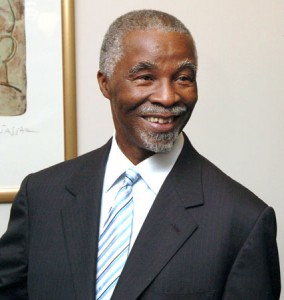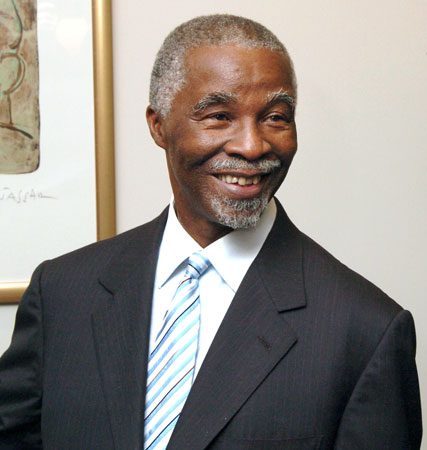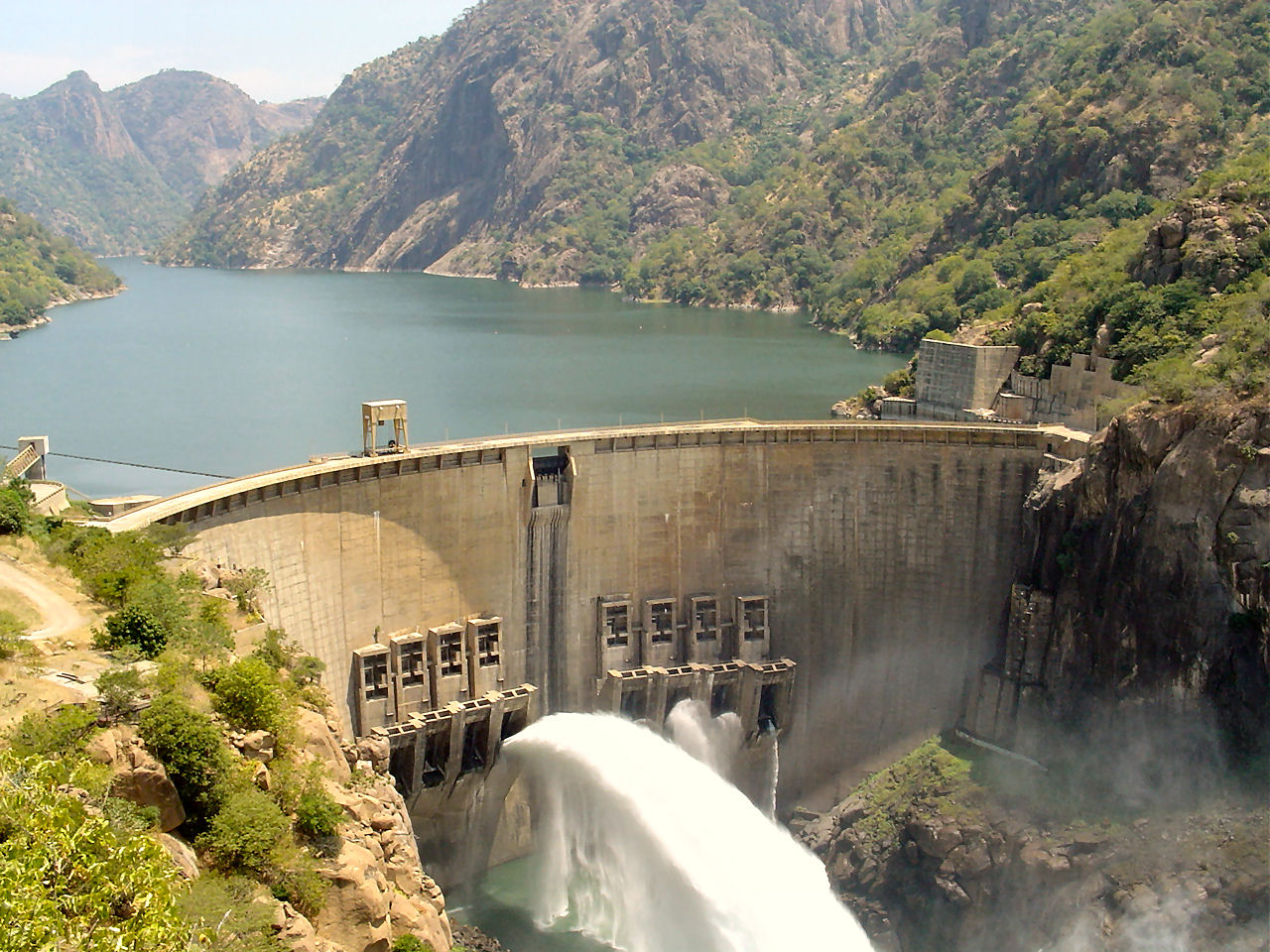
Many questions remain about the commitment of African leaders and governments to this initiative, the modalities of implementing the resolutions of the summit and how to define Africa’s Diaspora. Africa’s internal divisions and the prevailing uncertainty about the choice of a chairperson of the AU Commission (AUC) also tended to overshadow the summit.
Both the chair of the AUC, Jean Ping, and his challenger, South African Home Affairs Minister Nkosazana Dlamini-Zuma, were present at the summit. Yet none of the AU countries seemed to have changed their positions on the voting. The two candidates are set to contest the election of the AUC chairperson again during the 19th AU Summit in July 2012.
Meanwhile, at the preparatory ministerial meeting for the Global Summit, hosted by South Africa’s Minister of International Relations and Cooperation Maite Nkoana-Mashabane earlier last week, a draft resolution was drawn up, including a proposed set of ‘Legacy Projects’, meant to ‘anchor the implementation’ of the summit between Africa and its Diaspora.
These are:
?The AU Diaspora Volunteer Programme, to ‘associate the Diaspora directly and urgently with the development efforts on the continent and give concrete meaning to [the] concept of one African family’
?An African Diaspora Development Fund and Remittances and Financial Instruments
?The development of a skills database of Diaspora professionals
?The adoption and promotion of the Development Marketplace for an African Diaspora model as a framework to facilitate innovation and develop entrepreneurship to empower the youth of the continent and her Diaspora
?The establishment of the African Remittance Institute
This proposal is recognition of the longstanding role of the Diaspora in Africa’s history. Clearly those present at the summit and its preceding events were inspired by the idea of the ‘Global African family’, though attendance at the 25 May event – coinciding with Africa Day – was not substantial. Of the dozens of heads of state and government announced, only a handful turned up, including presidents Boni Yayi of Benin (the current chair of the AU), Robert Mugabe of Zimbabwe, Salva Kiir of South Sudan and Teodoro Obiang Nguema of Equatorial Guinea, as well as King Mswati III of Swaziland. Samuel Hinds, Prime Minister of Guyana, was one of the only high-level representatives of the Caribbean Community (Caricom), while most countries in the Americas were represented by local ambassadors.
Yet, the main outcome of this Summit was the expectation of increased cooperation between African governments and external actors. Some of the identified areas of renewed collaboration include South-South issues, knowledge and skills transfers, and strengthening the role of the Diaspora in the affairs of the AU. The summit also endorsed the initiative to set up a permanent memorial at the United Nations to honour the victims of slavery and the transatlantic slave trade.
However, there are still several unresolved issues and questions, such as: Who should be defined as a member of the Diaspora? What is their commitment and what is being asked of them? Some Africans are also uneasy about the notion that Africa is presented here as the ‘victim of underdevelopment’ asking for help from the ‘rich’ Diaspora. It is estimated that up to $40 billion annually is sent back to Africa through remittances from its Diaspora living outside the continent. Is this the financial resource the AU wishes to tap into to contribute to Africa`s development?
The official AU definition of the Diaspora in the context of the AU initiative is ‘peoples of African origin living outside the continent, irrespective of their citizenship and nationality and who are willing to contribute to the development of the continent and the building of the African Union’.
Such a broad definition does not capture the challenge and reality of the situation, in that many of the millions of Africans living outside the continent have left their countries to make a better life for themselves and are not inclined or able to contribute to Africa’s development on a grand scale. They can barely make enough money to send a regular remittance back to their families. They certainly also define themselves as being part of the Diaspora and some actively so. The problem is that these members of the Diaspora are sometimes viewed with suspicion by African governments as they are often seen to be supporting the opposition. It is unlikely that these citizens are the ones encouraged to join AU structures.
In effect, the setting up of a Remittance Institute and developing financial instruments to turn remittances into viable projects will be a major challenge. Why would ordinary Africans outside the continent prefer to send their hard-earned foreign currencies to an AU Development Fund? Some at the Global Summit realised these constraints. ‘We are not talking here about the young African immigrant struggling to send money home to his village. We’re not expecting that money to be channeled through the AU,’ admitted an African ambassador.
The main constituency targeted by those attending the Global Summit was clearly African-American and Caribbean citizens who have a strong desire to identify with their ‘roots’ and pour money and energy into the continent’s development. Throughout the summit, almost every speaker mentioned the slave trade and the legacy of leaders and intellectuals like W.E.B. du Bois, Marcus Garvey, Walter Rodney and others.
One could also argue that the notion of the African Diaspora has, since 2003 and follow-up meetings in Senegal, Jamaica and Brazil, been strengthened by a growing right-wing sentiment in Europe following the economic downturn and the present Eurozone crisis. Racism experienced by those in the Diaspora – regardless of the number of generations separating them from the African continent – is still real. The AU should therefore adopt a more flexible approach by reaching out to the broader constituencies of African Diaspora willing to ‘reconnect’ with their continent. However, the difficulty of implementing global instruments like those envisaged in the resolutions of the Global Summit should not be underestimated. There should also be no illusions about the obvious tension between those on the continent and those far removed from it – the latter often suffering from an idealised and romantic vision of the continent and of what they can do for it.


.jpeg&w=60&q=100&h=60)










